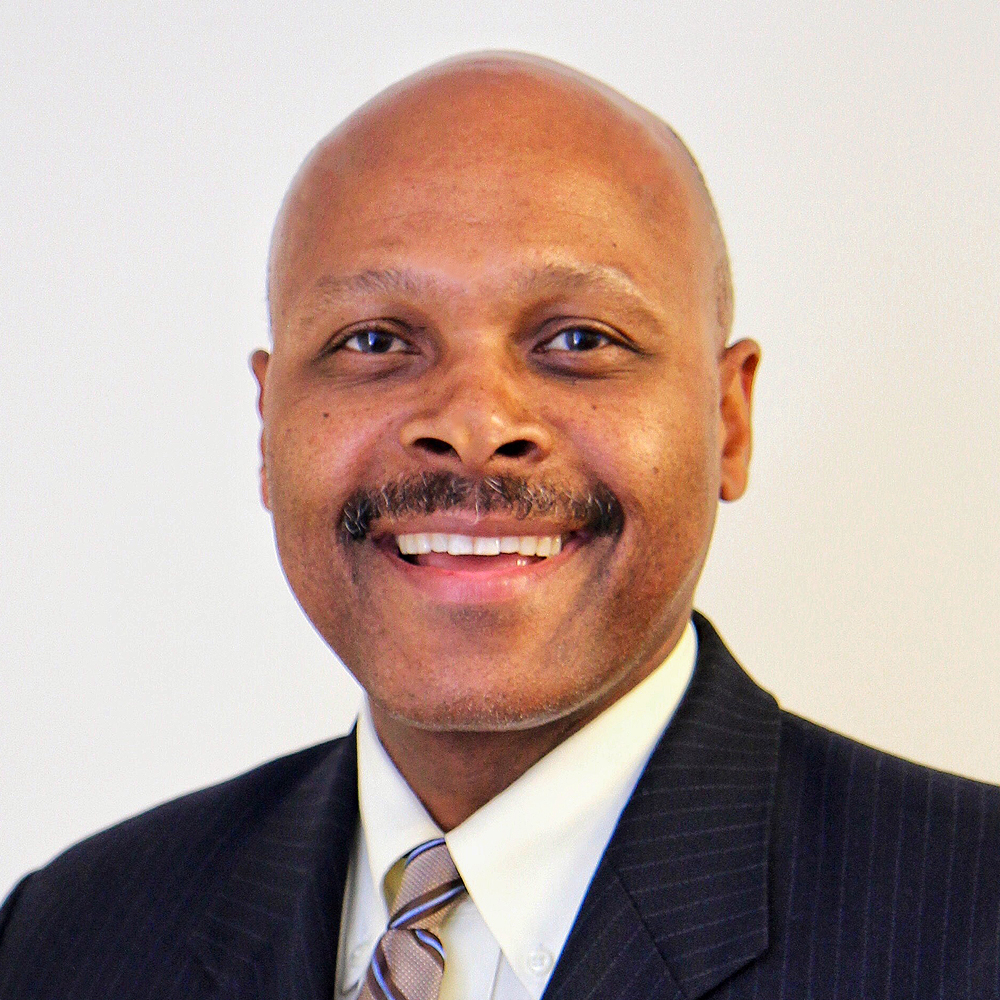A new LISC white paper examines the ways current federal immigration policy is affecting immigrant residents across the country, and how our nonprofit partners are responding to meet the needs, and address the fear, of immigrants and their families. In the blog below, LISC CEO Maurice A. Jones and David Greenberg, our head of research and lead author of the report, weigh in on why supporting the wellbeing and prosperity of immigrant communities—and of the agencies that serve them—is in every American’s best interest.
LISC’s mission is rooted in our conviction that, to prosper, every American community must be inclusive, welcoming and rich with opportunity for all of its members. Immigrants are—and always have been—part of the fabric of our communities, and crucial to the progress and prosperity of this country.
At a time when immigrants are increasingly being marginalized—both in sectors of the public imagination and in changing immigration policy—it’s imperative that we exercise our civic responsibility to promote resilience and opportunity for all residents, especially those who are discriminated against.
And that’s where LISC’s latest report, Supporting the Resilience of America’s Immigrant Communities, comes in.
While LISC has not historically examined immigration policy, we knew we needed to gauge the effects that changing policy is having on the communities where we work. Many of our partners are leaders in providing services and advocating for immigrant communities. And indeed, one of the goals of our Research and Evaluation team is to document the powerful and innovative work of our partners, many of whom have stepped up to respond to new challenges during this period of fear and instability for those communities.
All the groups described in this report—even those that were not originally founded to provide immigration-related services—felt compelled to intervene, because they strive to be responsive to all kinds of community needs, and because they saw the connections among them.
As federal policy changed, they saw how local fears about accessing public services were exacerbating family hardships—compounding the challenges people already faced in accessing affordable housing or healthcare as a result of discrimination or poverty. So our partners built on established trust to provide new kinds of help to their neighbors.
The research found that this often involves considerable time, energy, and resources to adapt services, create new referral networks, and mobilize around timely issues such as proposed changes to the public charge rule. As Anne Whitlock of Connect Community in Houston reflected, “You have to be able to take off your organizational hat to try to decide what is in the best interest of the community.”
Anti-immigrant sentiment, of course, is nothing new. It has shaped our country’s history, and it’s woven into our society's collective DNA. And right now, that discrimination is in a heightened state. One organization that has committed to illuminating this history is Little Tokyo Service Center (LTSC) in Los Angeles, a longtime LISC partner that serves people of all backgrounds in that community. LTSC also promotes Japanese cultural preservation throughout Southern California, in part because so many of Little Tokyo’s Japanese-American residents were uprooted and interned during WWII, in one of our country’s more shameful acts of bigotry. As the neighborhood emptied out, African Americans and Latinos moved in, but they, too, were displaced in later social and political upheavals.
The story of Little Tokyo is one example of how America’s treatment of immigrants is linked with the histories of other communities that have been discriminated against. And of how knowing our history is a vital step toward reckoning with contemporary challenges and events that shape our communities.
It’s also a reminder that as the debates around immigration rage, it’s crucial that we invest in the groups that build bridges between people. We should also be mindful, as the report illustrates, that this issue impacts nearly every place we work—from towns on our southern border, to the Rustbelt, to rural communities across the country. The time is now to combat fear and ensure that all residents, whether born here or not, can live with dignity and have authentic access to what makes this country great.

How Community Organizations are Responding to Federal Policy Changes
 ABOUT THE AUTHOR
ABOUT THE AUTHOR
Maurice A. Jones, President & CEO, LISC
Prior to joining LISC, Maurice was the Secretary of Commerce for the Commonwealth of Virginia, where he managed 13 state agencies focused on the economic needs in his native state. Before that, he was second in command at the U.S. Dept. of HUD, serving as deputy secretary in charge of operations. He has also been Commissioner of Virginia’s Dept. of Social Services and Deputy Chief of Staff to then-Gov. Mark Warner. At the U.S. Treasury Dept. during the Clinton Administration, he managed the CDFI fund. His private sector experience includes top positions at the Virginian-Pilot in Norfolk, a Richmond law firm and a private philanthropy investing in community-based efforts to benefit children in Washington, D.C.
 David M. Greenberg, VP of Knowledge Management & Strategy
David M. Greenberg, VP of Knowledge Management & Strategy
David is the vice president of Knowledge Management and Strategy for LISC, where he evaluates its impact in 33 cities and rural areas, and supports the learning and evaluation needs of local offices and national programs. Before LISC he was a Senior Associate with MDRC, directed policy and advocacy for a coalition of 90 community housing organizations in New York City and organized with homeless men and women in the municipal shelter system. He holds a Ph.D. in urban and regional planning from MIT, and is a part-time faculty member at The New School’s Milano School of Urban Policy.
@dvm_greenberg
